|
I recently asked a customer if he would be interested in writing a guest blog about why their family choose to buy chicken from us and how they go about preparation. I first met this gentleman a couple of years back to turn over some table birds. It was the very first time someone had purchased chicken before speeding away on his motorbike. I’m always pleasantly surprised at how informed today’s consumers are and very thankful for people like D.S. who go out of their way to help out the small farmer. I’m speaking of the local small grower community, not necessarily just us. Here is his blog: "I've been purchasing Grade Eh Farms poultry for almost two years now. My wife and I like the fact that we can support a local farm, not only keeping our spending in the community, but hopefully helping to encourage and promote food security through breed diversity. We've all heard of examples over the years of crop/line failures due to mono-culture practices in larger farming systems. While understandable from a purely economic point of view, it makes little sense when such inbred crops/animal lines are much more susceptible to pressures from disease due to a lack of biodiversity. Family farms like that of the Nelson's help us retain biodiversity in our food systems creating greater food security. Good stuff! If you are considering supporting this type of food secure farming, kudos! You're helping your community and farming in general. There is, however, something you should know: throw all that you think you know about cooking chicken out the window. We're talking about cooking chickens that live like chickens; rather than a life in a pen for a bird that has been bred for little more than breast meat, you're about to prepare a bird that has been running around in a field and has the legs of a sprinter. Yes, there's less breast meat but it's not the prime meat. Dark meat is where it's at. That's where the flavour is. That's where a good chicken recipe transforms into a great one. Why should you think about how you cook one of these Grade Eh birds? Because these birds actually are out in the world getting exercise and feeding on the grasses, bugs, and other foods available. This means that the meat is denser than the gelatinous mass you see in the grocery store. You need to consider more than just cooking it through. Think about how you cook ribs or a brisket. It takes time to cook this type of meat because of the amount of collagen in the meat. That's the connective tissue in the muscle. Collagen needs time to break down under consistent heat so that it can covert into a soft gelatin, making the meat tender. So changing the time and temperature is where we're looking. Think low and slow just like ribs and brisket. It did take me some time to get it right for these chickens. The first couple of times I just didn't go low and slow enough. I was always worried about drying out the chicken like what happens with those store-bought birds. The thing is we're breaking down the collagen to gelatin which stays in the meat, keeping it moist. Also, starting the chicken off at a high temperature for a short time, 10 to 15 minutes, helps sear the skin to keep juices where they should be, in the meat. With this in mind, it's rather easy to cook a truly free-run chicken with some real meat on it's bones. I take a bit of a lesson from Lyn Hall's cookery course and advice from Amanda at Grade Eh Farms on cooking these fantastic birds. For a great bird like the Heritage Line here is a simple yet satisfying recipe to use (thanks to Lyn Hall for this one):
Cooking the chicken on its side allows the juices to run into the breast to keep it moist. It also exposes the dense meat in the legs to the heat of the oven. Adjust cooking time depending on the size of the bird. The jus is a thin sauce with an intense flavour made with stock and the juices from the roasting pan.
I hope this all helps with your foray into truly farm fresh chicken. Play with your existing favourite recipes a bit and see what you can come up with... then share. I'm always looking for great ideas for roast chicken! DS from Vancouver."
1 Comment
Michael
11/11/2018 06:10:05 pm
I have been looking a long time to try to find an equivalent to Bresse de Bleu in Canada. We eat roast chicken every Sunday night, as Louis XIV hoped for. There are just two of us. No children, and we are now seniors, with a doggie. Can I get your Poulet de Delta in Ontario, or if not, as much as I would like 5o support you, perhaps there is an Ontario far, that is raising Bresse Bleu’s here. I think it’s great that French law prohibits their export. We need to develop our own for those who know. It’s like Brome Lake Pekin ducks. It requires adventurous farmers to take a chance knowing there is an audience out there who wants birds of this quality, happy /iris who led a happy life, and who will make our life even happier!
Reply
Your comment will be posted after it is approved.
Leave a Reply. |
Hello There!Thanks for dropping by. I'm Matthew Nelson, farmer of Grade Eh Farms. I post on where my love and passion for life intersect with family, farming, food, & chicken for the soul. Meeting ExpectationsFarmer's Blog Categories
All
Farmer's Blog Archives
December 2022
Interesting FindsBelow are links to websites that gardeners and chicken owners may find helpful and interesting:
Best source for backyard henhouses in BC. Locally-crafted chicken coops made of repurposed BC cedar:
DailyEggs.comUseful information on raising healthy, happy free-range hens:
A portion of our ordering policy was stolen from Legbars of Broadway. Thanks Philip. :-)
|
- Home
- About
-
Our Chickens
- Amrock
- Laying Hens: Backyarder Rainbow Collection
- Grade Eh Meatball
- Grade Eh Urban Meatball "All-Female"
- Legbar (City folk)
- Jill Rees Cream Crested Legbar (Rees Line Cream Legbar)
- Bielefelder
- Silver Bielefelder (Bielefelder Kennhühner silber-kennsperber)
- Le Grand
- Spitzhauben
- Bresse
- Hungarian Yellow
- Ayam Cemani
- Light Sussex
- Other Breeds >
- Blog
- Live Bird Store
- ORDER LIVE BIRDS/PRICE
- Meat Shop
- Contact
|
CONNECT WITH US
|
© Copyright 2011-2024 Grade Eh Farms
Content of this site cannot be reproduced without express written permission.
Content of this site cannot be reproduced without express written permission.



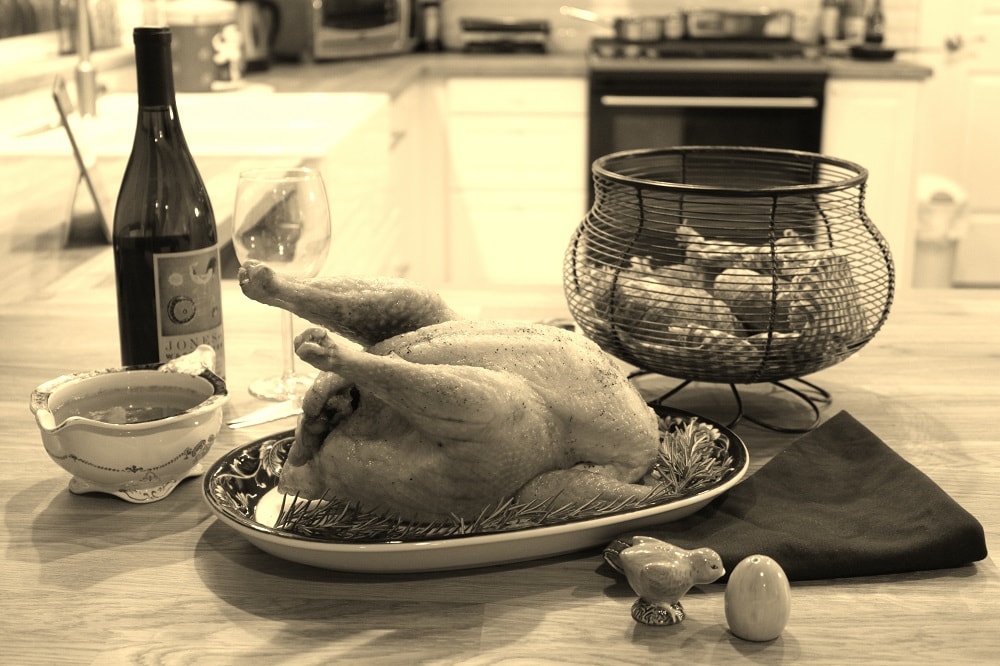
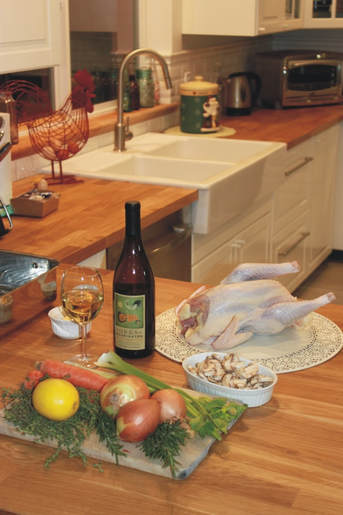
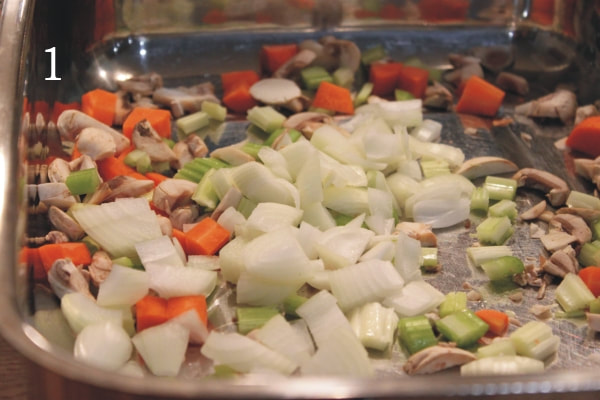
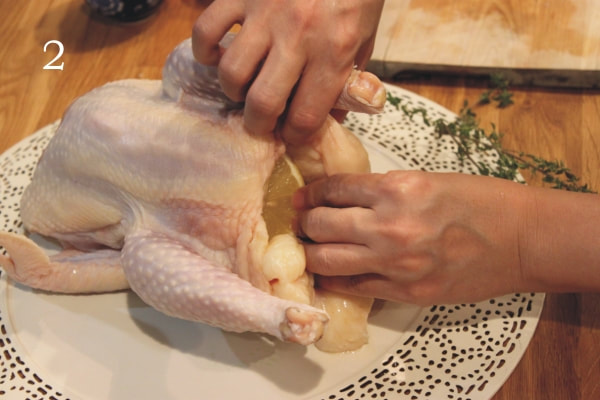
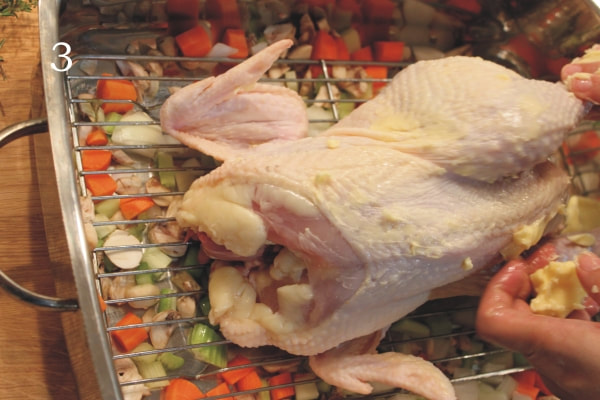
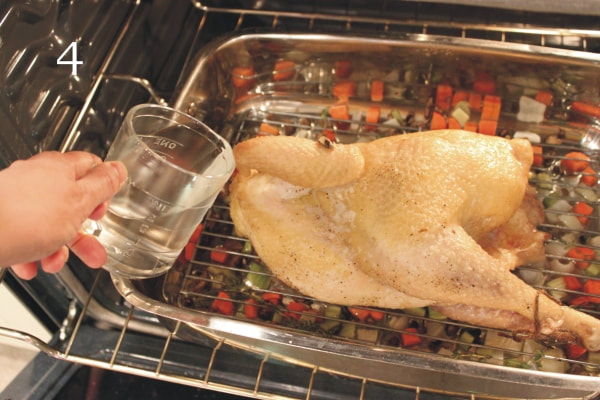
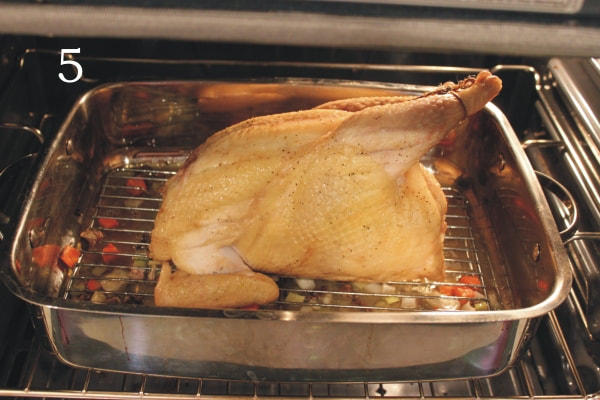
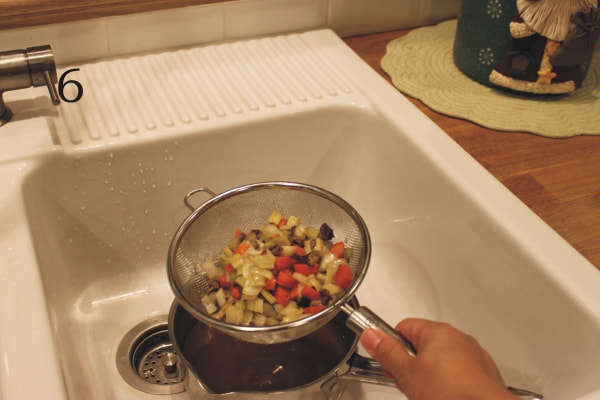
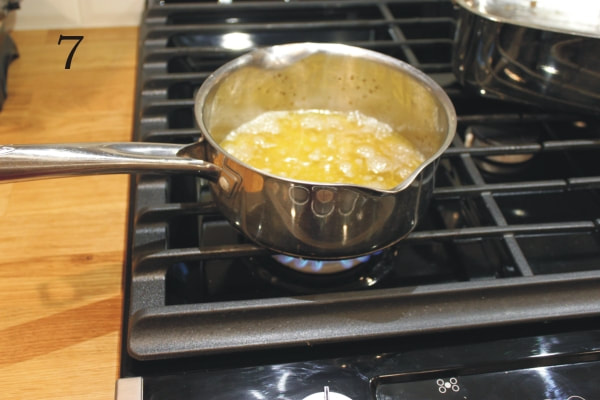
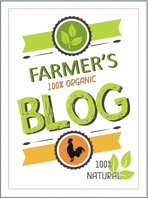
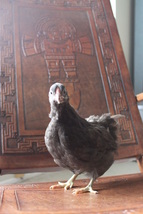
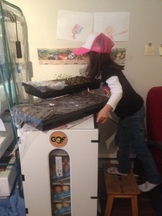
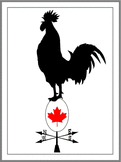
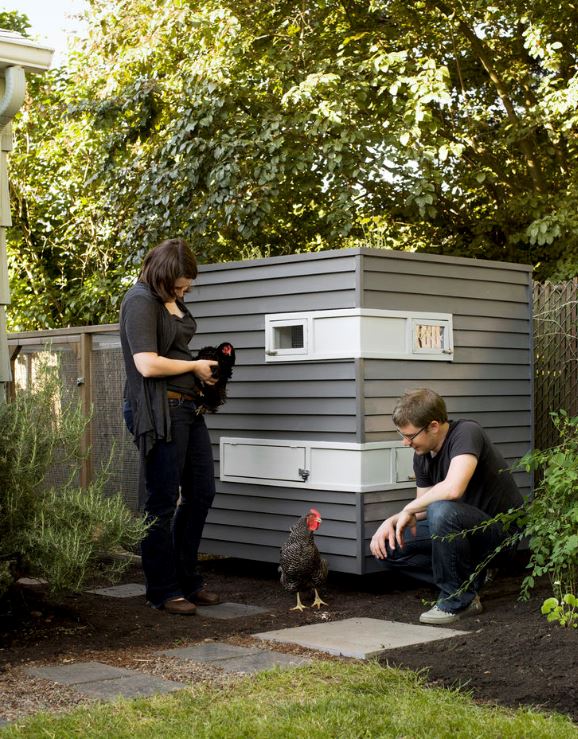


 RSS Feed
RSS Feed